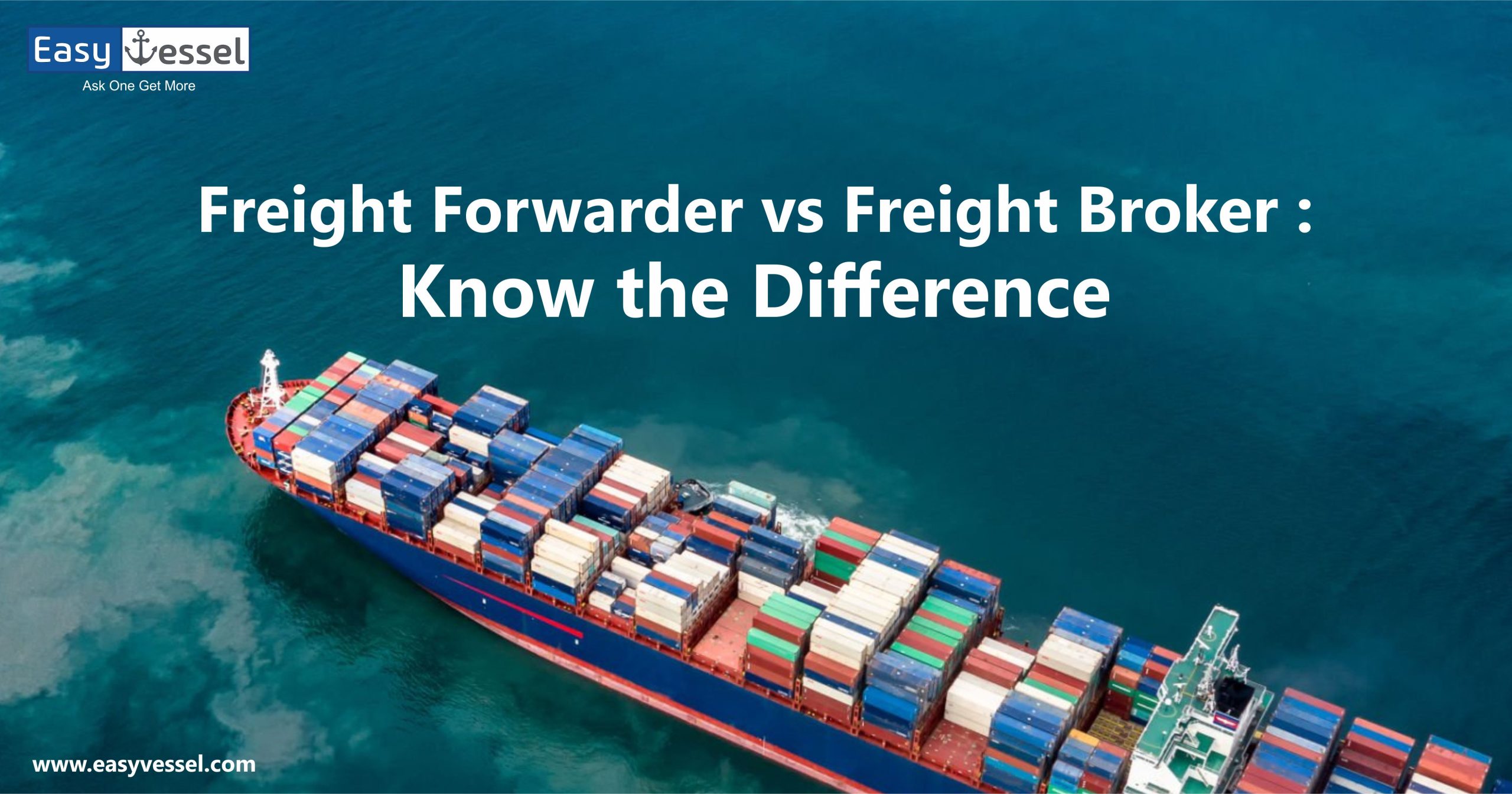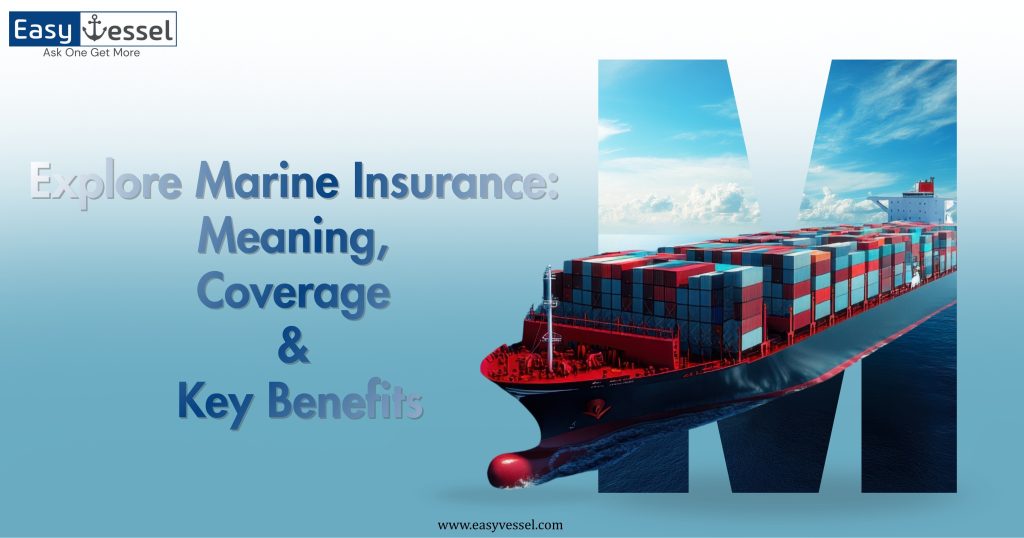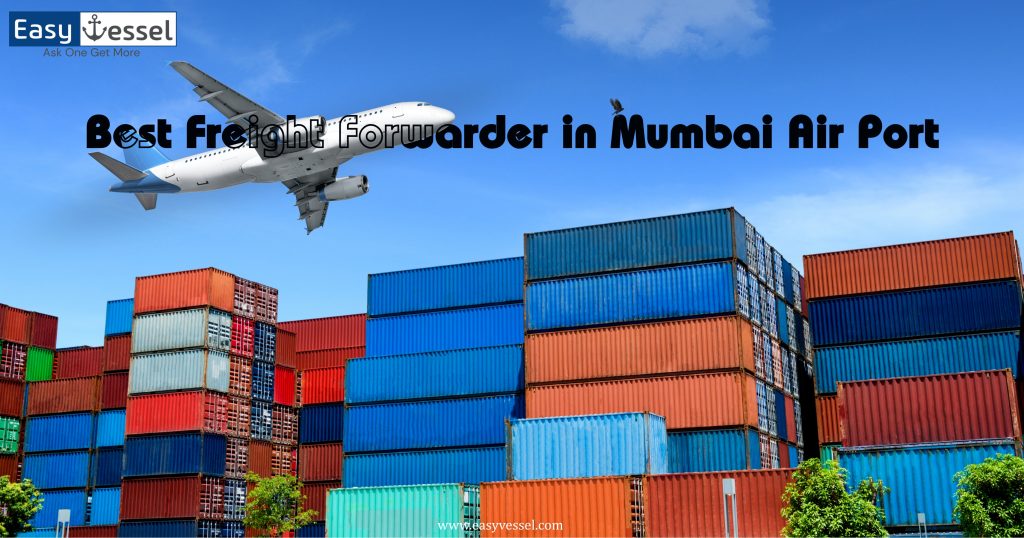Efficient logistics is the backbone of global trade, and selecting the right partners can make or break your supply chain strategy. Choosing between a freight forwarder and a freight broker is a crucial choice that businesses frequently have to make when handling shipments. While these two roles might seem similar, they serve distinct purposes in the logistics ecosystem. In this blog, we explore the differences, functions, and advantages of each, helping you decide which is the right fit for your logistics needs.
What is a Freight Forwarder?
A company or individual that focuses on planning and overseeing the transportation of commodities from one location to another is known as a freight forwarder. Freight forwarders act as intermediaries between shippers and transportation services, providing end-to-end solutions for shipping needs.
Key Services Offered by Freight Forwarders
- Transportation Management: Freight forwarders handle multiple transportation modes, including sea, air, rail, and road.
- Customs Clearance: They assist in navigating customs regulations ensuring compliance with import/export laws.
- Warehousing: A lot of freight forwarders offer warehousing services for the temporary storage of products.
- Documentation: From bills of lading to insurance paperwork, freight forwarders manage all necessary documentation.
- Consolidation: They consolidate smaller shipments into a single larger shipment to optimize freight charges and reduce costs.
Freight forwarders offer a comprehensive suite of logistics solutions, making them ideal for businesses seeking hands-on management and expertise.
What is a Freight Broker?
A freight broker does not physically hold the goods; instead, they serve as a connection between shippers and carriers. They focus on connecting businesses with the right transportation providers to meet their shipping needs.
Key Responsibilities of Freight Brokers:
- Carrier Matching: Freight brokers find carriers with the capacity and capability to move goods efficiently.
- Negotiation: They negotiate freight charges and rates on behalf of the shipper.
- Communication: Transporters and shippers can communicate quickly, thanks to freight brokers.
- Market Expertise: They stay updated on market trends to offer competitive pricing.
Freight brokers’ primary role is coordination, making them ideal for companies that prefer to manage other aspects of logistics independently.
Benefits and Drawbacks of Freight Forwarders and Brokers
Freight Forwarders:
Pros:
Comprehensive Services: Freight forwarders provide complete logistics solutions, from picking up goods to delivering them at the destination. They manage customs clearance, warehousing, and freight consolidation.
Global Network: Most freight forwarders have an extensive network of partners, allowing them to streamline international shipments across multiple countries.
Expertise in Regulations: They are well-versed in global trade laws, documentation, and compliance, reducing the chances of delays or penalties.
Cost Efficiency
Freight forwarders consolidate smaller shipments into a single larger shipment, which often lowers overall shipping costs.
Flexibility
Whether you need sea freight, air freight, or multimodal transportation, freight forwarders can customize solutions based on your requirements.
Cons:
Higher Costs for Small Shipments
For businesses with small or infrequent shipments, freight forwarders can be more expensive compared to brokers.
Limited Real-Time Tracking
Although they manage the entire process, some freight forwarders lack advanced real-time tracking systems.
Overdependence on External Partners
Their efficiency is often tied to the reliability of their global network, which can sometimes lead to delays beyond their control.
Freight Brokers:
Pros:
Cost-Effective
Freight brokers are ideal for businesses looking for competitive freight charges. To get the most excellent prices, they bargain with carriers.
Quick and Efficient
For one-off shipments or urgent deliveries, freight brokers offer fast solutions by leveraging their network of carriers.
No Long-Term Commitment
Freight brokers work on a per-shipment basis, offering flexibility for businesses that do not have recurring logistics needs.
Carrier Diversity
They have access to a wide variety of carriers, ensuring flexibility in meeting specific shipping needs.
Cons:
Limited Services
Unlike freight forwarders, brokers do not provide value-added services such as warehousing or customs clearance.
Minimal Control Over Shipments
Since brokers do not physically handle goods, they have limited control over issues like delays or damages.
Varying Service Quality
The quality of service depends heavily on the carriers they hire, which can vary significantly.
Freight Forwarder vs. Broker: Key Differences
- Scope of Services: Freight forwarders provide end-to-end logistics solutions, while brokers focus on connecting shippers with carriers.
- Cost: Freight brokers generally offer lower freight charges, especially for smaller shipments, while forwarders are cost-efficient for bulk shipments.
- Control and Accountability: Forwarders have more control over the entire shipping process, whereas brokers rely on third-party carriers.
When to Choose a Freight Forwarder
The best option is a goods forwarder when:
- Your shipments involve multiple modes of transport.
- You require end-to-end logistics solutions.
- You’re dealing with international shipping and need customs clearance assistance.
- You prefer using a single point of contact to handle your supply chain.
Read More: Eco-Friendly Logistics: Paving the Way for a Sustainable Supply Chain
When to Choose a Freight Broker
A freight broker is ideal when:
- You already have a solid logistics team managing other aspects of shipping.
- Your primary need is finding reliable carriers.
- You want cost-effective solutions for straightforward shipments.
- You’re shipping domestically and don’t require customs clearance services.
Six Crucial Operational and Legal Aspects of Freight Logistics
The foundation of international trade is freight logistics, which includes organizing, carrying out, and overseeing the movement of commodities across a variety of channels. However, logistics operations come with a range of legal and operational challenges that must be carefully addressed. Whether you’re dealing with a freight forwarder vs a broker, understanding these key considerations is essential to ensuring smooth and compliant operations.
Regulatory Compliance
Local, national, and international regulations must be followed in every logistical operation. These include:
- Customs Regulations: For international shipments, compliance with customs duties and documentation is vital.
- Safety Standards: Regulations like the International Maritime Dangerous Goods Code (IMDG) govern the safe transportation of hazardous materials.
- Licensing Requirements: Both freight forwarders and brokers must possess proper licenses, such as an FMC license for ocean freight brokers in the U.S.
- Consideration: Choose a logistics partner, whether a freight forwarder or broker, who is well-versed in compliance requirements.
Liability and Insurance
Liability is a critical factor in freight logistics. Goods in transit are exposed to risks such as theft, damage, or loss. Key considerations include:
- Carrier Liability: Understand the extent of liability under the carrier’s terms of service.
- Insurance Options: Freight forwarders often offer cargo insurance as part of their services, whereas brokers might recommend third-party insurance providers.
Freight Forwarder vs Broker Insight: Freight forwarders tend to provide more comprehensive liability coverage compared to brokers, making them a safer choice for high-value shipments.
Contractual Agreements
Contracts outline the responsibilities of all parties involved in freight logistics. Key aspects to consider include:
- Service Level Agreements (SLAs): Define expectations regarding delivery timelines, handling, and performance metrics.
- Terms and Conditions: Clearly outline payment terms, liability clauses, and dispute resolution processes.
- Non-Disclosure Agreements (NDAs): Protect sensitive business information shared between shippers, forwarders, and brokers.
Operational Efficiency
Streamlined operations are crucial for cost-effective and timely freight logistics. Key operational considerations include:
- Mode Selection: Decide between air, sea, rail, or road based on cost, speed, and cargo type.
- Route Optimization: Minimize transit times and costs by selecting the most efficient routes.
- Technology Integration: Use logistics management software for tracking, automation, and data analysis.
Freight Forwarder vs Broker Insight: Freight forwarders typically offer integrated solutions for complex logistics operations, whereas brokers focus primarily on connecting shippers with carriers.
Documentation and Paperwork
Accurate documentation is vital to avoid delays, penalties, or cargo seizure. Essential documents include:
- Bill of Lading (BOL): A bill of lading (BOL) is a receipt and contract for goods that are being shipped.
- Commercial Invoice: Details the transaction between buyer and seller for customs purposes.
- Packing List: Provides a detailed breakdown of the cargo contents.
Freight Forwarder vs Broker Comparison: Freight forwarders handle documentation as part of their service package, while brokers may require you to manage it independently.
Risk Management and Contingency Planning
Risk management ensures business continuity in the face of disruptions such as natural disasters, political instability, or supply chain bottlenecks. Key strategies include:
- Diversified Carriers: Working with a variety of carriers can help you become less reliant on any one of them.
- Contingency Plans: Prepare for unforeseen events by having backup routes and alternative logistics partners.
- Real-Time Monitoring: Use tracking systems to identify and mitigate risks promptly.
The Importance of Freight Charges in Decision-Making
Both freight forwarders and freight brokers play a role in optimizing freight charges. However, their approaches differ:
- Freight Forwarders: Reduce costs through consolidation and route optimization.
- Freight Brokers: Negotiate lower rates with carriers based on market knowledge.
Understanding how each impacts freight charges can help businesses make informed decisions.
How to Choose the Right Partner
Your particular requirements will determine whether you choose a freight broker or a freight forwarder. Here are some tips:
- Define Your Requirements: Assess whether you need comprehensive services or simple coordination.
- Consider Shipment Complexity: For international or multimodal shipments, a freight forwarder is more suitable.
- Evaluate Costs: Compare the pricing models of freight forwarders and brokers to determine cost-effectiveness.
- Check Experience: Ensure the partner has experience handling similar shipments.
- Look for Reliability: Read reviews and ask for references to ensure dependable service.
The Future of Logistics: Combining Strengths
As logistics evolves, the lines between freight forwarders and brokers are blurring. Many companies now offer hybrid services, combining the best of both worlds. This trend provides businesses with flexibility, efficiency, and cost savings.
For instance:
- Freight forwarders are adopting digital platforms to match carriers and manage shipments.
- Freight brokers are expanding their services to include warehousing and documentation support.
Conclusion
Understanding the difference between a freight forwarder and a freight broker is crucial for optimizing your logistics strategy. While freight forwarders provide comprehensive solutions, freight brokers excel in cost-effective coordination. By assessing your needs, shipment complexity, and budget, you can choose the right partner to streamline your supply chain.
Both freight forwarders and brokers contribute significantly to efficient logistics, each with unique strengths. Whether it’s reducing freight charges, ensuring timely deliveries, or simplifying customs clearance, selecting the right partner is key to navigating the complexities of global trade. Choose wisely to ensure seamless operations and long-term success.
Reference:
Freight Forwarder by Wikipedia [1].
Freight Broker by Wikipedia [2].
Frequently Asked Questions
Yes. Freight forwarders charge fees for handling logistics, storage, and customs, while freight brokers earn a commission by connecting shippers with carriers and negotiating freight charges.
A freight forwarder is better suited for international shipping as they provide end-to-end logistics, including customs clearance, documentation, and warehousing. Freight brokers primarily focus on domestic shipments and carrier arrangements.
Freight forwarders often provide cargo insurance as part of their services, while freight brokers do not typically offer insurance but may recommend third-party providers.
It depends on the shipping needs. Freight brokers are ideal for businesses looking for cost-effective domestic shipping solutions, while freight forwarders are better suited for businesses with complex international shipping requirements.



